
Heinrichs' POP model reaffirms the role of clinical judgment and patient-centered care.

Dr Pies is Professor Emeritus of Psychiatry and Lecturer on Bioethics and Humanities, SUNY Upstate Medical University; Clinical Professor of Psychiatry, Tufts University School of Medicine; and Editor in Chief Emeritus of Psychiatric Times (2007-2010). Dr Pies is the author of several books, including several textbooks on psychopharmacology. A collection of his works can be found on Amazon.

Heinrichs' POP model reaffirms the role of clinical judgment and patient-centered care.

Psychiatry is the medical specialty that wrestles with the included middle—requiring judgment, patience, and humility.

Explore the innovative PRiSM diagnostic tool, bridging categorical and dimensional approaches to enhance psychiatric diagnosis and treatment. Then submit your experiences for the chance to win publication and $500.

What is the power of solitude vs loneliness? Can embracing solitude enhance creativity and mental well-being?

Simplistic explanations and convenient scapegoats belie the complexity of mass shootings.

Psychodynamically-informed pharmacotherapy is much more than “prescribing.”

Long COVID presents complex symptoms without clear diagnostic criteria, challenging traditional medical understanding and emphasizing the need for compassionate care.

Explore the ethical complexities of euthanasia and assisted suicide through a philosophical lens.

Are you ready to put the Psychopathology Refracted into 7 Modalities (PRiSM) Scale into practice? Learn more here.

"All redeeming Nature knows, You cannot stop the spring."

Antipsychiatry’s animus toward psychiatric medication has both ancient and modern parallels.

Test-drive this 7-fold model in your own practice.

Struggling with complex psychiatric diagnoses? Consider the diagnostic prism.
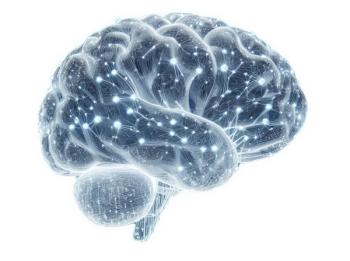
Perhaps, in our modern arguments over the reality of mental illness, we are merely reinventing the wheel—or maybe, just spinning our wheels.

How can psychiatric clinicians help their patients (and themselves) identify and navigate the aftermath of the election?
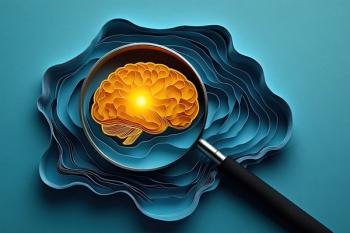
A final argument on psychiatric diagnoses.

"Back home, we glimpse our autumn faces in the hallway mirror."
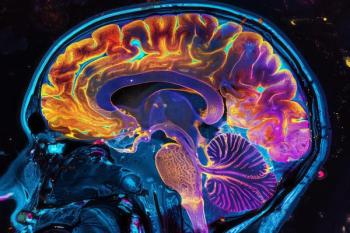
It is simply not the case that the DSM diagnostic categories are defined only by symptoms...

Diagnostic criteria are not the same as the disorders they identify.

Not knowing the pathophysiology of a condition does not mean we have no causal explanation of the patient’s suffering and incapacity.

What role does countertransference play in physician-assisted suicide? Learn more here.

Physician-assisted suicide is now legal in 11 jurisdictions in the US. To this, several clinicians say: “We must care for the dying, not make them dead.” Learn more in our June cover story.
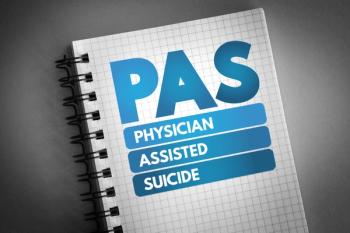
How a radical proposal from California and 3 cases of anorexia nervosa from Colorado exemplify the "slippery slope" of physician-assisted suicide.

For many psychiatric conditions, psychotherapy, not medication, is the preferred first-line treatment.
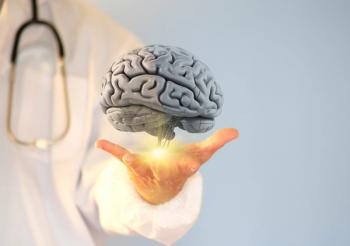
Mental illness was quite real for “the Father of Pathology,” whose nuanced view of disease prefigured the biopsychosocial model.
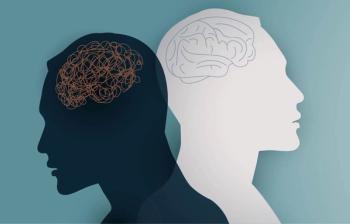
Knowing the difference between one condition and another is critical, even when the precise diagnosis is unclear.

In tough times, the cultivation of gratitude can help our patients—and us, too.

Delve into the imperative of embracing epistemic humility in psychiatry.

Does anorexia nervosa constitute an illness worthy of physician-assisted suicide? These authors think not.

As we say goodbye to summer…

Published: June 29th 2020 | Updated:

Published: February 24th 2021 | Updated:

Published: September 10th 2024 | Updated:

Published: July 8th 2025 | Updated:

Published: July 8th 2021 | Updated:

Published: March 23rd 2021 | Updated: